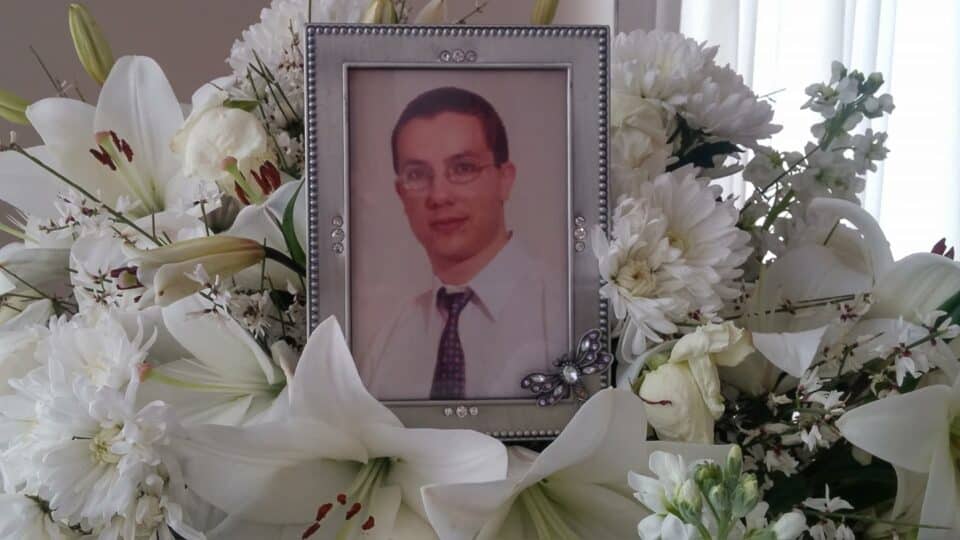The termination of the employment of judge Doria Varoshiotou at the end of her two-year probation period on Monday was greeted with disbelief and anger by some, who felt this was punishment for standing up to the judges.
Varoshiotou had made her name when presiding over the highly publicised Thanasis Nicolaou case – the third inquiry into the circumstances of his death – by ruling that the 26-year-old’s death was caused by strangulation, “due to criminal activity”, overturning the verdict of ‘suicide’ that had stood for 19 years.
Last May’s ruling was seen as a vindication of Thanasis’ mother who was certain her son had been murdered and had been campaigning for 19 years to have the cause of death changed, claiming there had been a cover-up in which the national guard, the police, the legal service and a former state pathologist were involved.
In her ruling, Varoshiotou had accepted the evidence given by a Greek forensic pathologist – Thanasis had a fractured hyoid bone suggesting he was strangled to death by a left-handed person – as irrefutable and based her verdict on this, even though a second forensic pathologist had a completely different opinion.
Commentators claimed that Varoshiotou’s employment as judge was terminated because of this verdict, speaking about “dark forces behind the government” and that Varoshiotou failed to administer justice the way the system wanted her to.
In fact speculation was rife about a sinister, unaccountable cabal – some even spoke of a “deep state” – operating behind the scenes. There was no evidence to support any of this, although the conspiracy theorists pointed out that after the case, she was moved from the criminal to the civil courts, as punishment.
Although we are not judging the rights and wrongs of Varoshiotou’s ruling in the Thanasis case, we are suggesting that perhaps the senior judges may have realised, after the event, that it was a mistake to have given a very inexperienced judge, after less than a year in service, a difficult, emotionally charged, high-profile case like the Thanasis death inquiry.
Earlier this year, the Supreme Court, to which the former state pathologist Panikos Stavrianos – he had given suicide as the cause of death – appealed because Varoshiotou had not allowed him to testify, found she committed legal errors in the way she conducted the case. It did not, however overturn her decision.
The young, inexperienced judge was not as infallible as her media supporters seem to think because she issued a decision approved by the public. This did not make her untouchable or entitle her to a job on the bench for life. The judicial council was acting within its powers not to offer her a permanent job after the end of the two-year probation, and it has no obligation, legal or otherwise to justify or explain its decision.
It decided Varoshiotou would not make a good judge and that should be the end of the story. There was no conspiracy.






Click here to change your cookie preferences